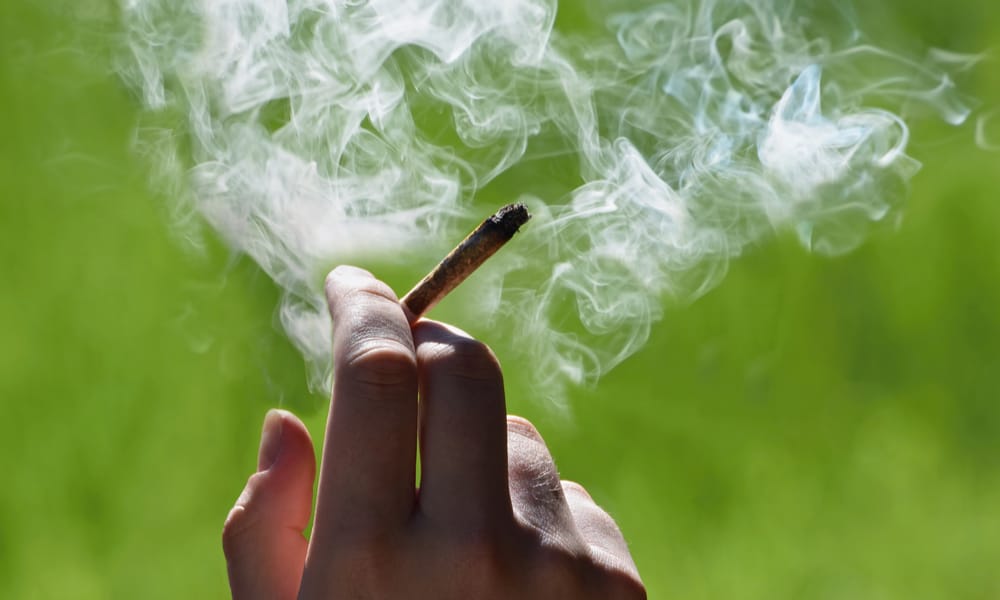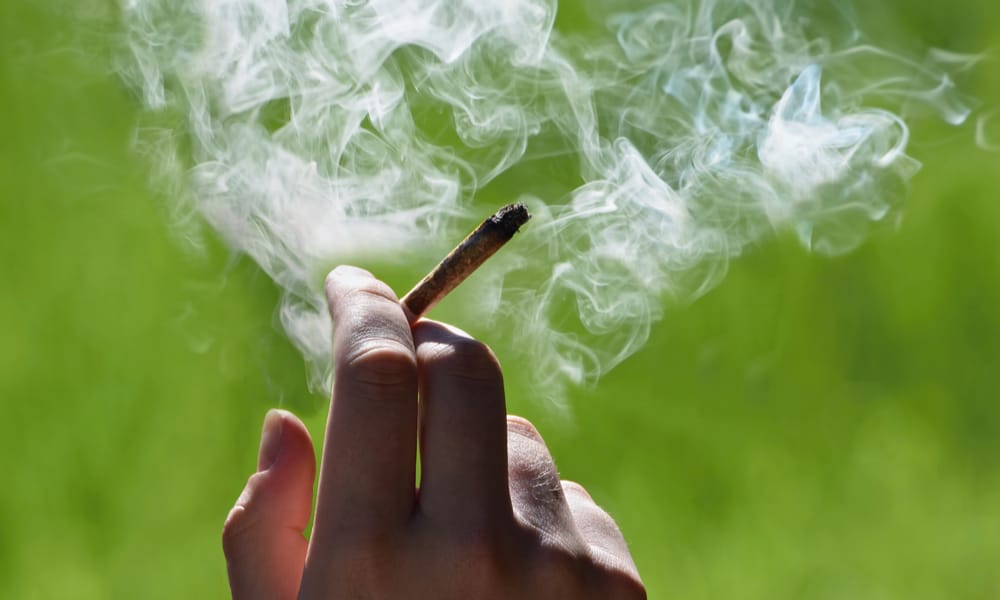
Illinois just became the 11th state to legalize recreational marijuana. Democratic Governor J.B. Pritzker signed a bill into effect on Tuesday that will automatically expunge and pardon the records of 800,000 state residents with a record of non-violent small scale cannabis possession.
“Today Illinois is demonstrating everything that can be accomplished when we set aside our comfort with the status quo and instead govern with the belief that our best days are ahead,” said Governor Pritzker at a press conference. “With this legislation our state is once again a leader.”
January 1 is the start date for the bill, which establishes that people who live in Illinois can possess up to 30 grams of cannabis. The limit is half that for visitors to the state. Adults 21 years old and up will be able to purchase at licensed dispensaries. Until January 1, marijuana possession remains illegal in the state.
“We got here because we had a governor who fully supported it, and knew we had to do it with a social justice lens,” said the bill’s sponsor Senator Heather Steans.
Illinois is the first state to fully legalize recreational marijuana through the legislative, as opposed to a ballot measure utilized by pioneering states like Colorado and Washington.
Primary among lawmakers’ concerns was the social justice aspect of marijuana legalization. Even after the state and the city of Chicago decriminalized cannabis possession, Black residents continued to be targeted for arrest. In 2017 and the beginning of 2018, Chicago police made 94 arrests for small scale marijuana possession. Of these, 16 were of “Hispanic” individuals, two were white, and 92 were Black — despite academic proof that rates of marijuana consumption are consistent across racial lines.
The bill that received its final approval today prioritizes cannabis entrepreneurs in poor neighborhoods and areas that have seen disproportionately high arrest rates under cannabis prohibition. The governor’s signing ceremony took place on Chicago’s West Side, a strategic choice to highlight the fact that marijuana legalization will benefit socioeconomically underprivileged neighborhoods that have been disproportionately impacted by the War on Drugs.
A low interest loan program will be established in these communities via revenue the state will gain from cannabis sales. 25 percent of tax revenue from cannabis will fund grant programs that affect these communities. 20 percent will go to fund substance abuse and mental health programs.
“Today we’ve given hundreds of thousands of people the chance for a better life,” Pritzker said.
Governor Pritzker proposed the bill in May, hoping to fulfill his campaign promise to change the way the state deals with marijuana. The legislation moved like clockwork through the Democrat-controlled Senate and House.
“We can’t turn the clock back, but we can turn the page,” said Pritzker.
The bill did hit a snag over the issue of growing cannabis at home. Though its original language called for a legal limit of five cannabis plants, police groups were successful in convincing law makers that this would provide a challenge for law enforcement. As a result, Illinois home grow opportunities will be limited to individuals with medical marijuana cards.











